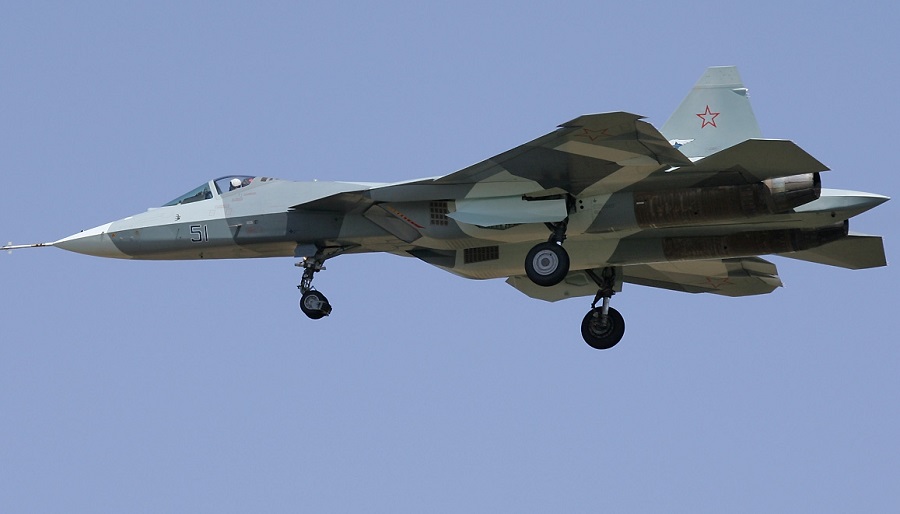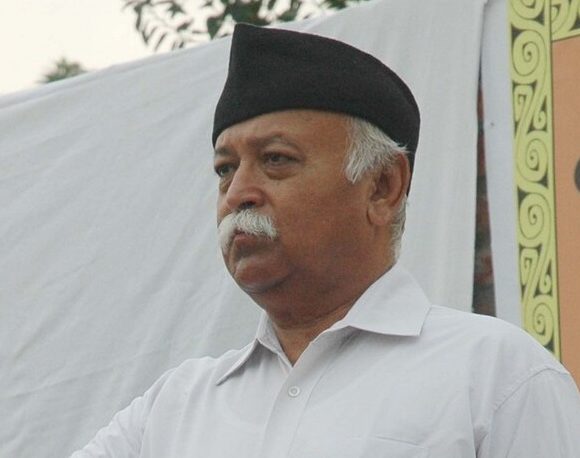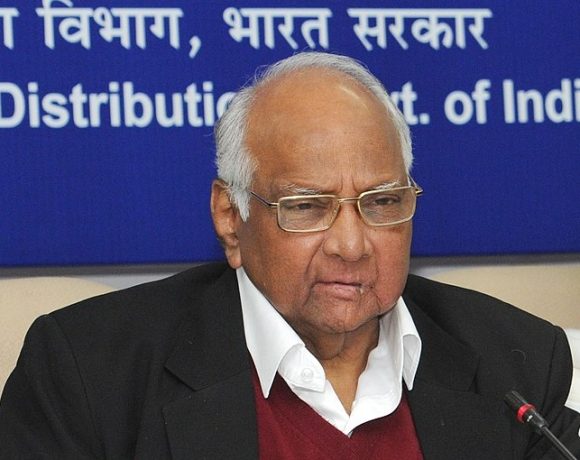
Ex-IAF Officer Warns Against Su-57 Acquisition Amid China-Russia Ties
Former Indian Air Force (IAF) Group Captain Ajay Ahlawat has raised concerns regarding India’s potential acquisition of Russia’s Su-57 stealth fighter jet. He highlighted that a significant number of electronic components used in the Su-57 are sourced from China, which could pose strategic risks for India.
Ahlawat emphasized that in the event of a conflict between India and China, Russia might align with Beijing, given their deepening ties. This potential alliance could compromise India’s defense capabilities if reliant on Russian equipment integrated with Chinese components.
Debate Over India’s Fighter Jet Procurement Strategy
The discussion stems from a broader debate on India’s approach to modernizing its air force. While some defense experts advocate for the immediate procurement of advanced jets like the Su-57 or the American F-35, Ahlawat cautions against such moves. He argues that both options come with challenges: the Su-57’s Chinese components and potential geopolitical complications, and the F-35’s stringent operational restrictions and limited technology transfer.
Instead, Ahlawat advocates for accelerating the development of India’s indigenous Advanced Medium Combat Aircraft (AMCA) program. He acknowledges the challenges in timelines and resources but believes that investing in domestic capabilities ensures strategic autonomy and long-term benefits.
Russia’s Offer of Su-57E with Full Access
In an attempt to strengthen defense ties, Russia has offered India the Su-57E variant, promising full access to its software systems. This unprecedented offer includes the integration of Indian-made weapons and systems, aligning with India’s ‘Atmanirbhar Bharat’ initiative. However, Ahlawat remains skeptical, pointing out that such offers might not mitigate the inherent risks associated with the aircraft’s Chinese components and the unpredictable nature of international alliances.
Strategic Autonomy and Future Outlook
Ahlawat’s warnings underscore the importance of strategic autonomy in defense procurement. Relying heavily on foreign equipment, especially from nations with close ties to India’s adversaries, could compromise national security. By focusing on indigenous programs like the AMCA, India can ensure greater control over its defense capabilities and reduce vulnerabilities arising from external dependencies.
As India navigates its defense modernization journey, balancing immediate operational needs with long-term strategic goals remains crucial. Engaging in comprehensive assessments and fostering domestic innovation will be key to achieving a resilient and self-reliant defense infrastructure.


















